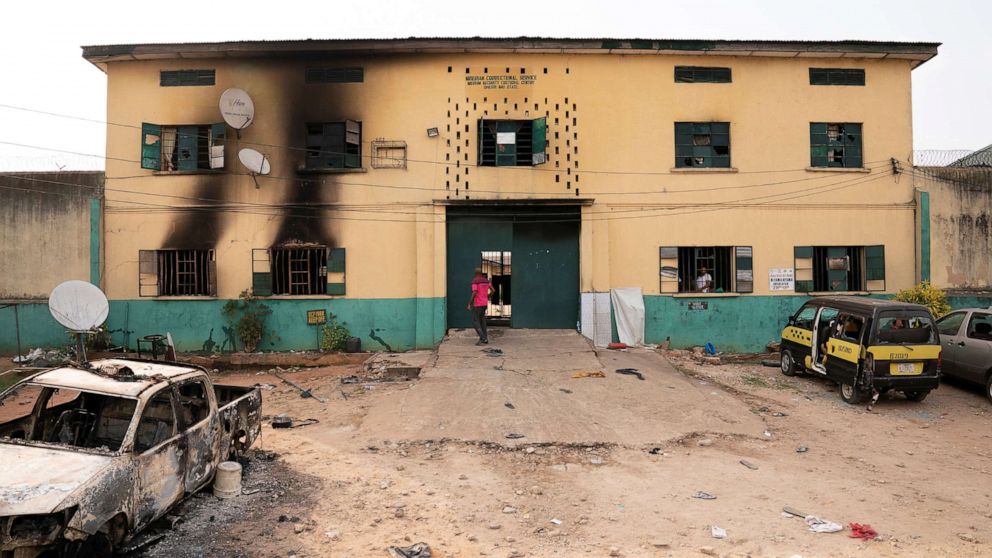
By Okechukwu Nwanguma
The discussion surrounding the establishment of state police in Nigeria is gaining momentum among governors, highlighting the need for localized security solutions. However, there is a consensus on the necessity for further discussions and wider stakeholder engagement before implementation.
Key Issues
Decentralization Necessity
There is broad support for a decentralized police structure to effectively address regional, state, and local security challenges.
The debate centers on whether to implement state police or restructure and devolve powers within the existing federal police framework.
Concerns About State Police
Critics warn that state police could empower governors who may already have significant control over state legislatures and judiciary, potentially leading to authoritarianism and suppression of dissent.
The fear is that state police could replicate existing issues on a state level rather than offering genuine improvements.
Underlying Issues
The current federal police system’s limitations are attributed to centralization, lack of resources, inadequate training, and disconnect with local communities.
Suggested solutions include enhancing funding for police operations, improving training, and establishing better community relations.
Benefits of Decentralization
Local control over policing is viewed as essential for empowering communities to respond to unique security issues effectively.
The annual policing plan mandated by the Police Act 2020 is seen as a means to align budgeting with actual needs.
Risks and Oversight
While state police could better address local concerns, there are significant risks of political misuse.
It is crucial to establish transparent appointment processes and independent oversight mechanisms to ensure accountability and protect citizens’ rights.
Reform Before Implementation
There is a need for comprehensive reform of the existing federal police structure to address root causes of insecurity and ensure that any new system enhances public trust and safety.
In the final analysis, the establishment of state police must be approached cautiously, prioritizing reforms in the existing federal model and ensuring robust structures for oversight and accountability to prevent potential abuses. Emphasizing root causes over symptoms will lead to more sustainable improvements in public safety and trust in law enforcement.


